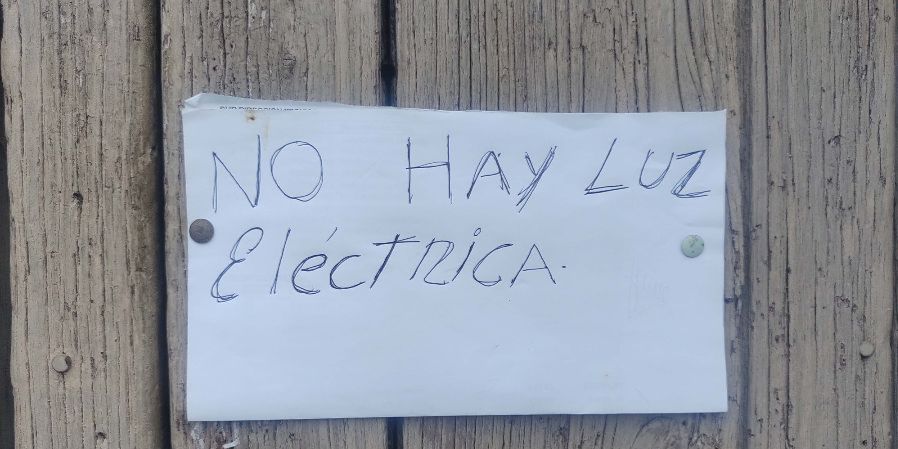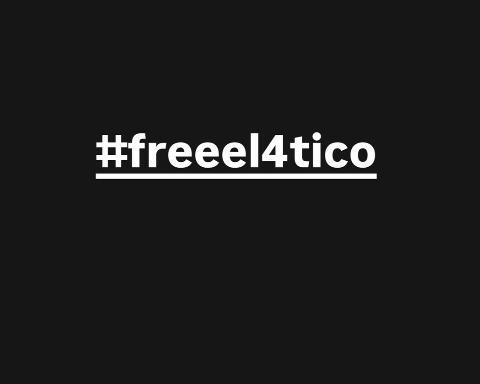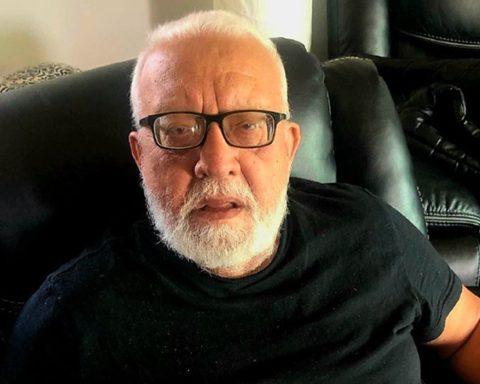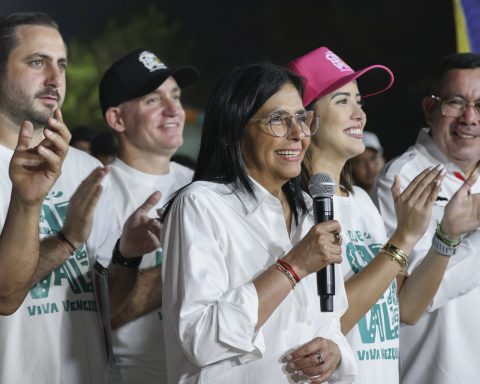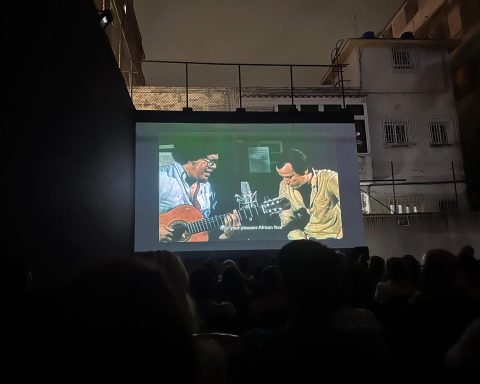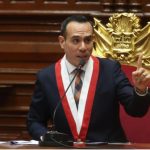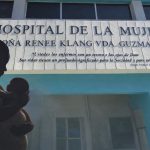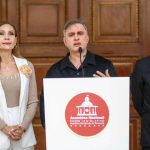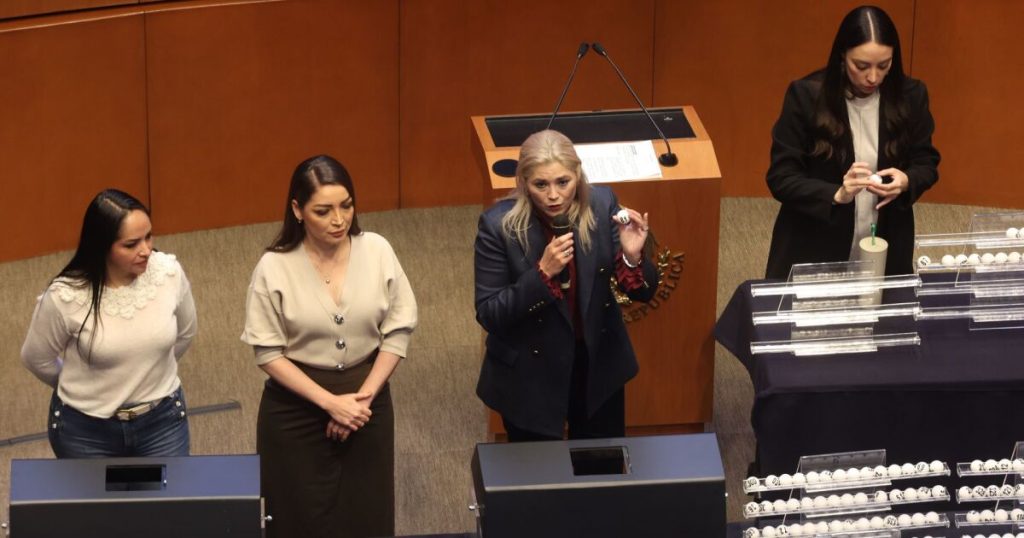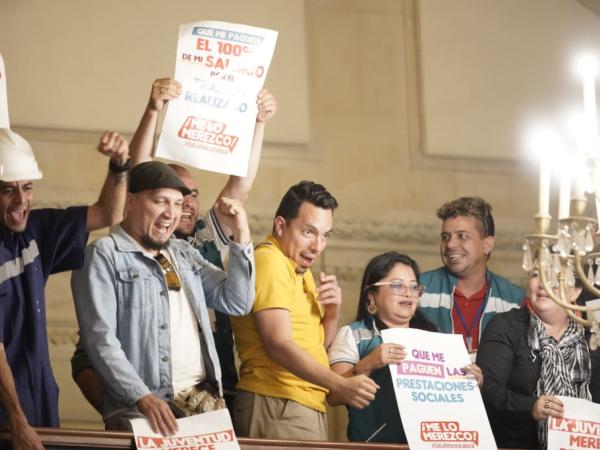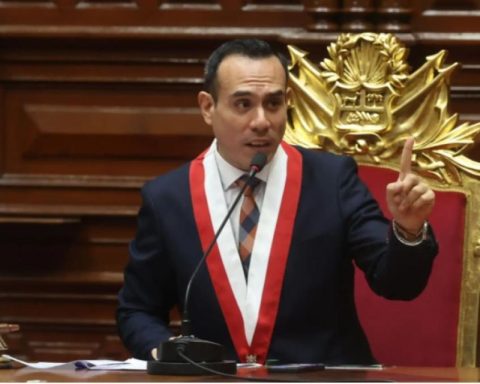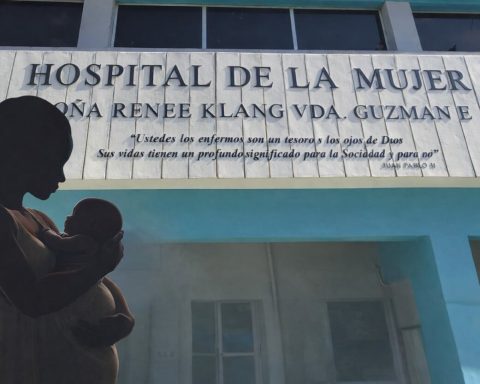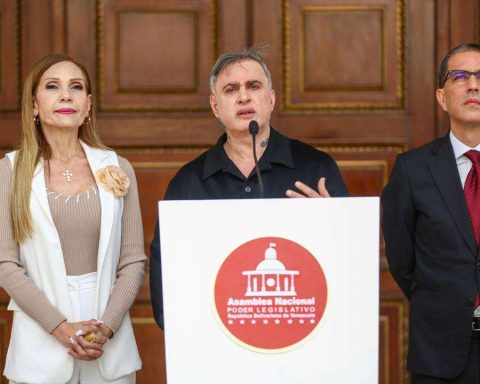MIAMI, United States. – In the midst of a critical energy situation, the Cuban regime announced this Thursday severe measures that seek to alleviate the deficit in electricity generation, a consequence of the lack of fuel and growing demand, as reported by Prime Minister Manuel Marrero Cruz in a television appearance.
The provisions include the suspension of all services that are not vital and generate high energy consumption. As part of these restrictions, “cultural activities are suspended in both the state and non-state sectors,” stated the Ministry of Culture (MINCULT).
Likewise, the Ministry of Education (MINED) determined “to suspend teaching activities from Friday to Sunday at all levels of education.” Meanwhile, only essential services, such as hospitals and food processing centers, will continue to operate regularly, according to information released by official media.
Likewise, it was reported that the activities of nightclubs and recreational centers that “generate high concentrations of people” are suspended, with the aim of reducing the demand for electricity at critical times.
On the other hand, the country’s Energy Councils will be activated to manage the situation more efficiently, while only “essential personnel” will remain in the work centers, according to the new regulations.
The measures come in a context of growing uncertainty, with long days of blackouts (more than 20 hours a day) and an energy infrastructure that has not received the necessary investments for its modernization. The authorities assured that they are working on long-term solutions, such as the expansion of alternative energy sources, but these will not solve the immediate crisis.
Manuel Marrero Cruz, during his intervention on the national network, explained that “the lack of fuel is the factor that most affects the energy deficit,” stressing that the country faces “three important factors: the state of the infrastructure, the lack of fuel and the increase in demand.”
The regime’s prime minister also defended the policy of prioritizing residential consumption over economic activities. “We have been paralyzing economic activities to guarantee energy generation for the population,” he assured. However, he acknowledged that the measures have been insufficient, so the restrictions will be extended and applied more rigorously.
However, he did not allude to the fact that, despite the supposed priority granted by his government to this sector, the blackouts have extended for more than 20 hours a day throughout Cuba, except for Havana, where they are still smaller.
Marrero also mentioned efforts to “progressively eliminate dependence on fossil fuels” and promote alternative energy sources, such as the installation of photovoltaic parks. However, he also admitted that this is a long-term process and not an immediate solution to the current crisis.
The head of Government explained that, as part of the strategies to mitigate the impact of the crisis, the reduction of the working day to the essential minimum is being implemented and alternatives such as teleworking or remote work are being promoted. “It is about using electricity more rationally, in the face of growing demand from the residential sector,” he said.
Finally, the official reported that the Commander of the Revolution Ramiro Valdés Menéndez is leading the actions to stabilize the energy situation.
